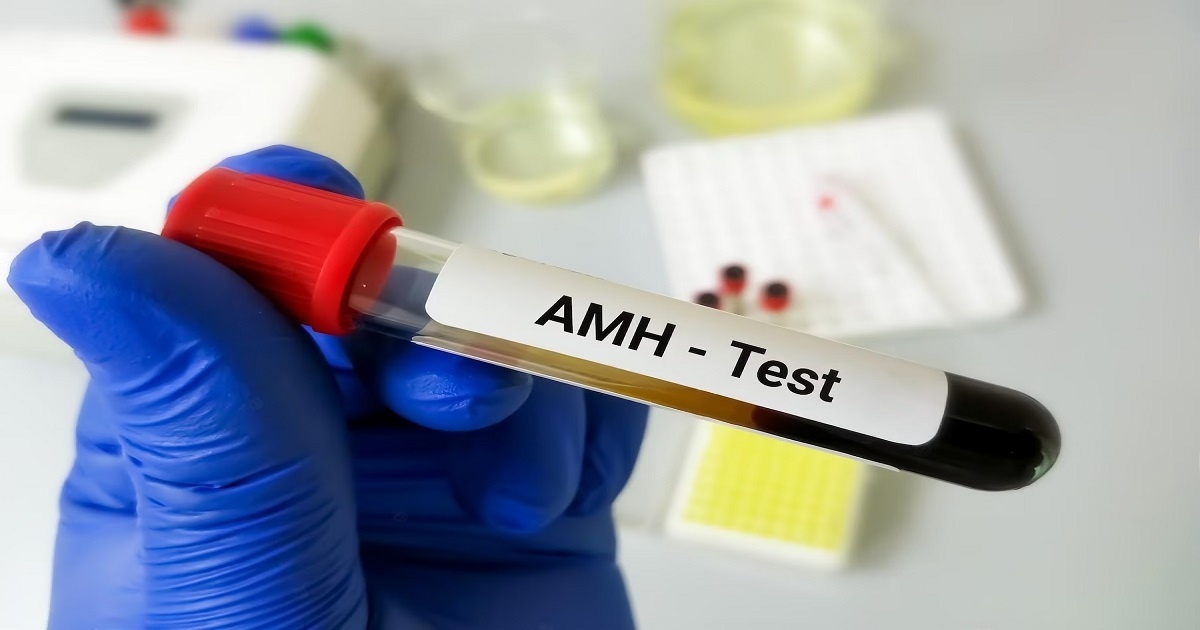In the realm of assisted reproductive technology, Prime IVF stands out as a beacon of hope for couples striving to achieve parenthood. As science continues to advance, fertility clinics like Prime IVF are pioneering techniques and treatments to optimize the chances of conception. One such crucial aspect in the journey towards parenthood is the evaluation of Anti-Mullerian Hormone (AMH) levels.
Understanding AMH Evaluation
What is AMH?
AMH, or Anti-Mullerian Hormone, is a protein produced by developing follicles in the ovaries. It serves as a marker of ovarian reserve, indicating the quantity and quality of a woman's remaining eggs.
Importance of AMH Evaluation in IVF
AMH evaluation plays a pivotal role in assessing a woman's fertility potential, particularly in the context of in vitro fertilization (IVF). It provides valuable insights into ovarian function, helping fertility specialists tailor treatment protocols to optimize outcomes.
Factors Influencing AMH Levels
Various factors can influence AMH levels, shedding light on a woman's reproductive health status.
Age
Age is a significant determinant of AMH levels, with a natural decline occurring as women age. Lower AMH levels in older women may indicate diminished ovarian reserve and reduced fertility potential.
Lifestyle Factors
Certain lifestyle factors such as smoking, excessive alcohol consumption, and poor diet can adversely affect AMH levels. Adopting a healthy lifestyle can help preserve ovarian function and maintain optimal fertility.
Medical Conditions
Medical conditions such as polycystic ovary syndrome (PCOS) and endometriosis can impact AMH levels. Managing these conditions effectively is crucial in optimizing fertility outcomes.
AMH Testing Process
Blood Test Procedure
AMH Test are typically assessed through a simple blood test, which can be performed at any stage of the menstrual cycle. The results provide valuable information about ovarian reserve and reproductive potential.
Interpretation of Results
Interpreting AMH results requires expertise, taking into account factors such as age, medical history, and treatment goals. Fertility specialists use this information to customize IVF treatment plans according to individual needs.
Role of AMH in IVF Treatment Planning
Predicting Ovarian Response
AMH levels help predict how a woman's ovaries will respond to ovarian stimulation medications during IVF treatment. This enables clinicians to adjust medication dosages accordingly, optimizing follicular development and egg retrieval.
Tailoring Treatment Protocols
By incorporating AMH evaluation into treatment planning, fertility specialists can tailor IVF protocols to maximize success rates while minimizing the risk of complications. This personalized approach enhances the overall patient experience and outcomes.
Benefits of AMH Evaluation
Enhanced Treatment Success Rates
AMH evaluation enhances the accuracy of predicting ovarian response to stimulation, resulting in higher success rates in IVF cycles. This proactive approach empowers couples with valuable information to make informed decisions about their fertility journey.
Personalized Treatment Approach
By assessing AMH levels, fertility specialists can personalize treatment protocols based on individual ovarian reserve and response patterns. This customized approach improves treatment efficacy and patient satisfaction.
Challenges and Considerations
Limitations of AMH Testing
While AMH evaluation offers valuable insights into ovarian reserve, it's important to recognize its limitations. Factors such as assay variability and inter-laboratory differences may impact result interpretation, necessitating careful consideration by fertility experts.
Other Factors in Fertility Assessment
While AMH is a valuable marker of ovarian reserve, it's just one piece of the fertility puzzle. Comprehensive fertility assessments may include additional tests such as ultrasound scans, hormone evaluations, and genetic screenings to provide a holistic view of reproductive health.
In navigating Prime IVF and the journey towards parenthood, the importance of AMH evaluation cannot be overstated. By understanding and leveraging AMH levels, couples can embark on IVF treatment with confidence, knowing that their care is personalized and optimized for success.
FAQs
- How often should AMH testing be done?
- AMH testing is typically recommended as part of initial fertility evaluations. Subsequent testing frequency may vary based on individual circumstances and treatment plans.
- Can AMH levels be improved naturally?
- While lifestyle modifications such as maintaining a healthy weight and minimizing stress can support ovarian health, there's limited evidence to suggest that AMH levels can be significantly altered through natural means.
- Does low AMH mean I can't conceive?
- Low AMH levels may indicate diminished ovarian reserve but don't necessarily preclude conception. Fertility treatment options tailored to individual circumstances can still offer hope for successful pregnancy.
- Is AMH testing covered by insurance?
- Coverage for AMH testing varies depending on insurance providers and individual policies. It's advisable to check with your insurance company regarding coverage eligibility.
- What should I do if my AMH levels are low?
- If AMH levels are low, consulting a fertility specialist can help explore treatment options tailored to your specific situation, including alternative therapies or assisted reproductive techniques.


No comments yet